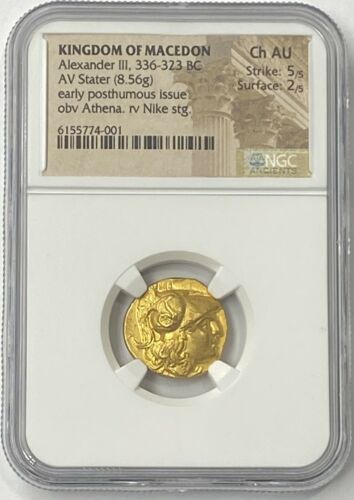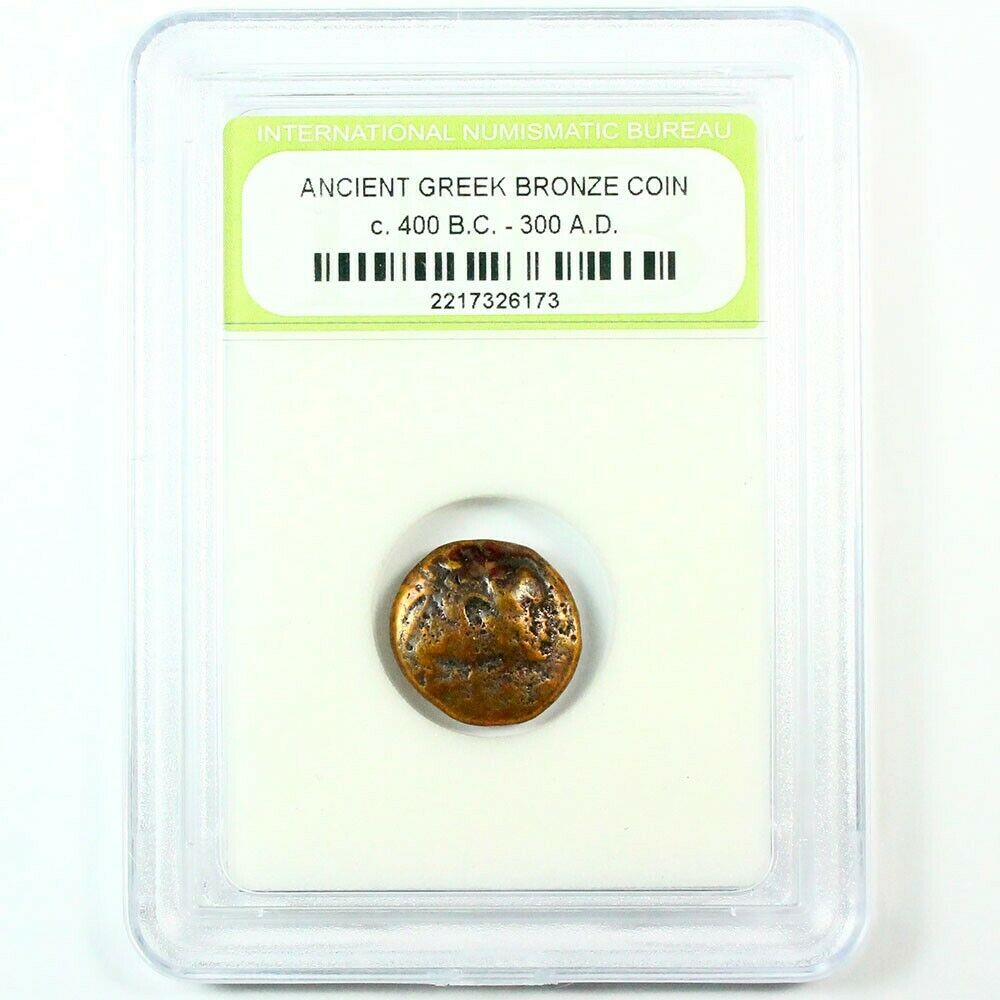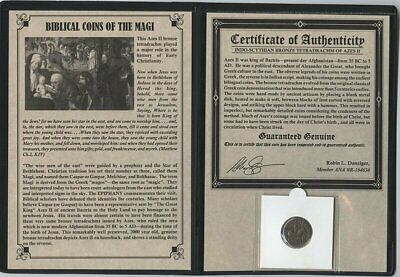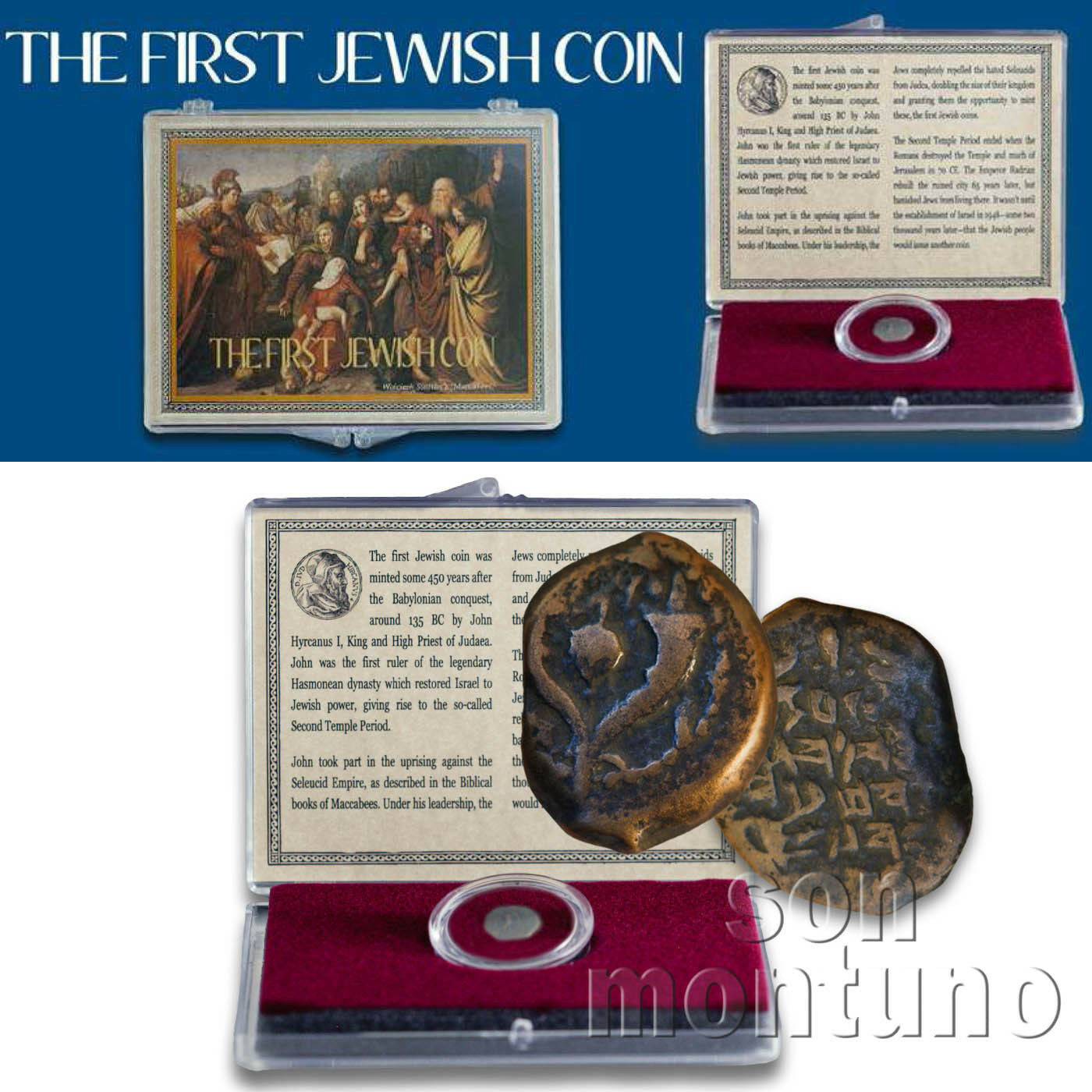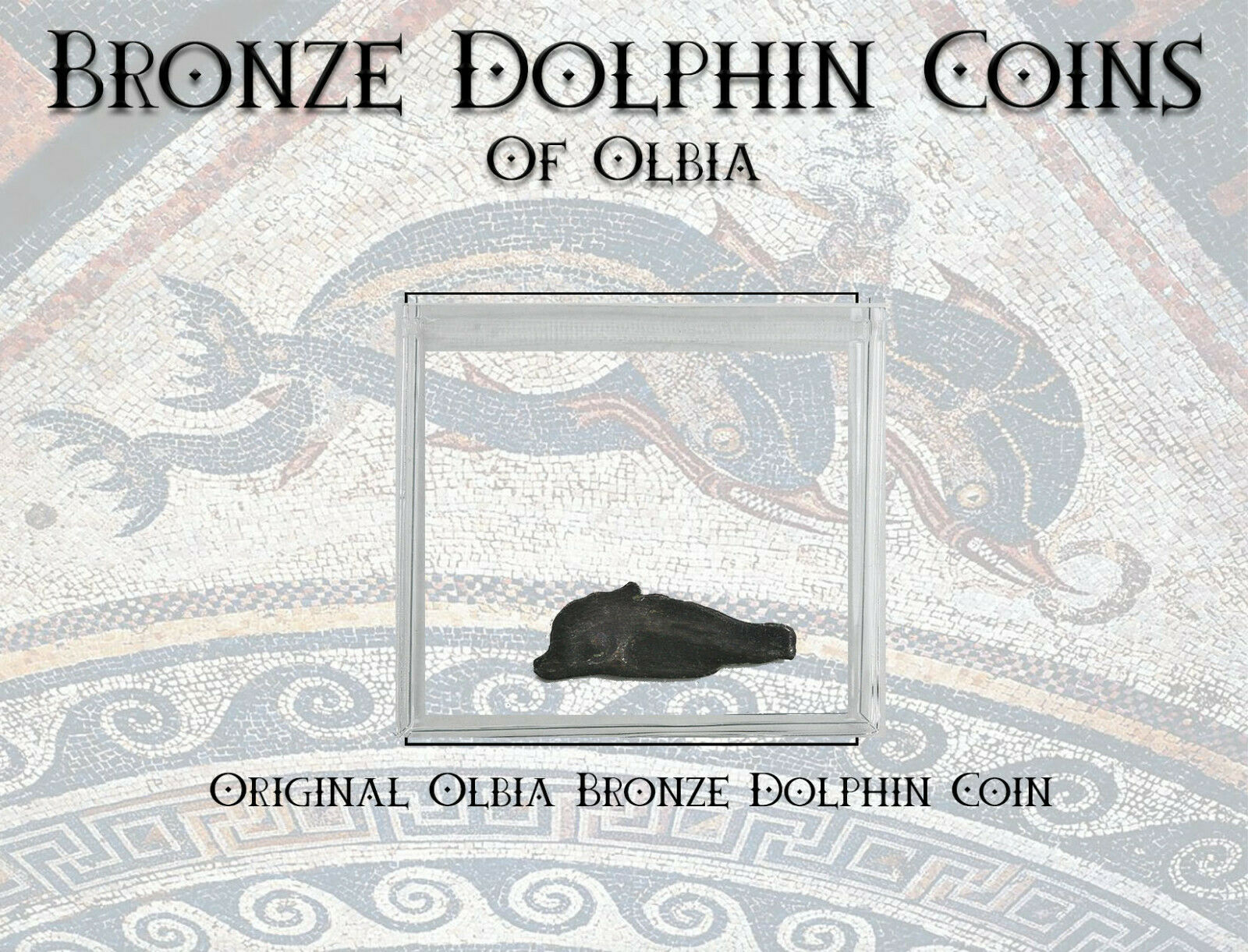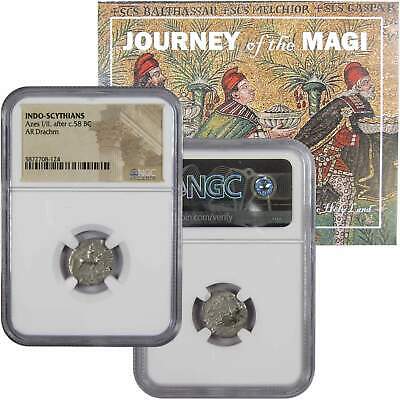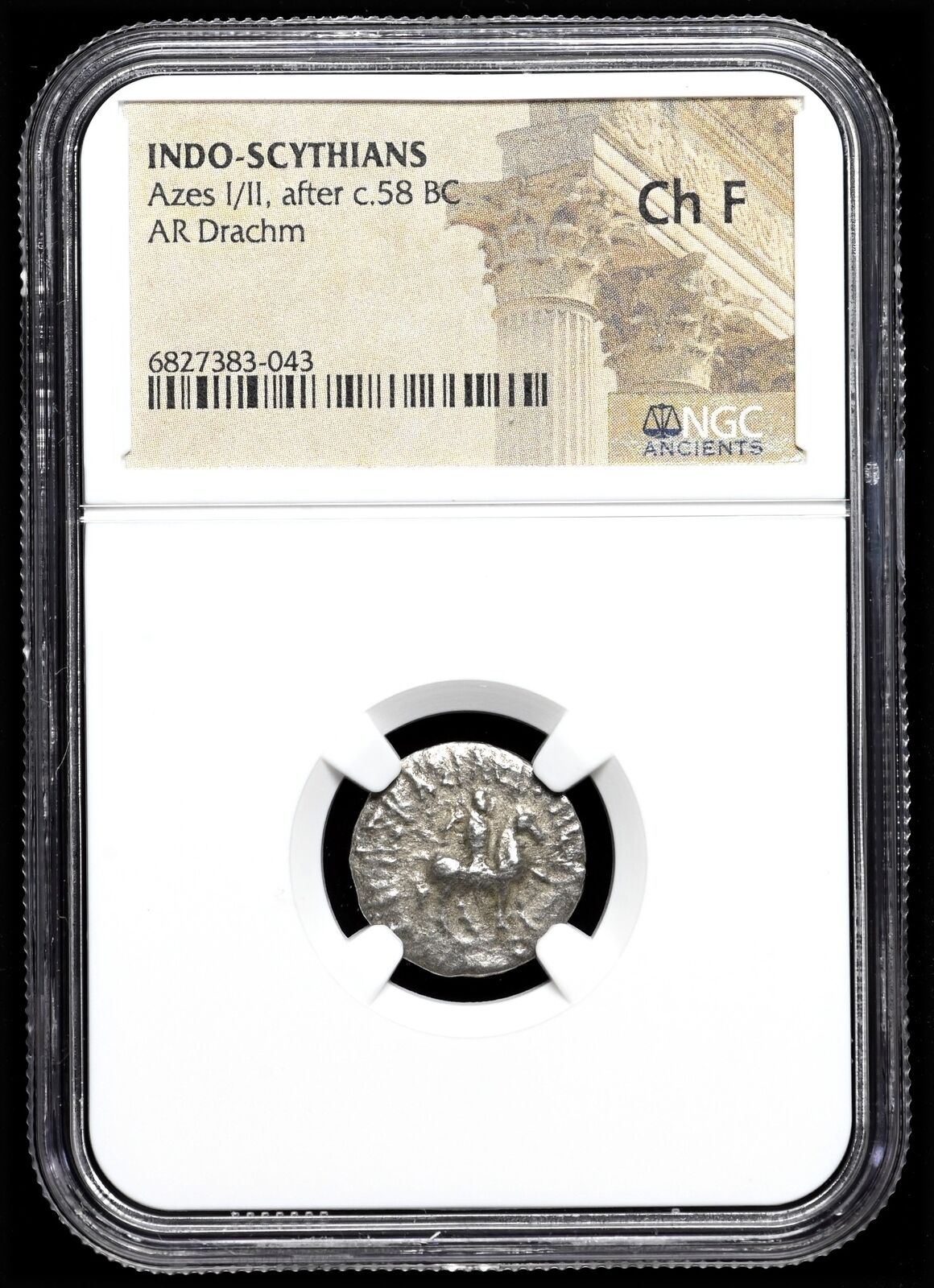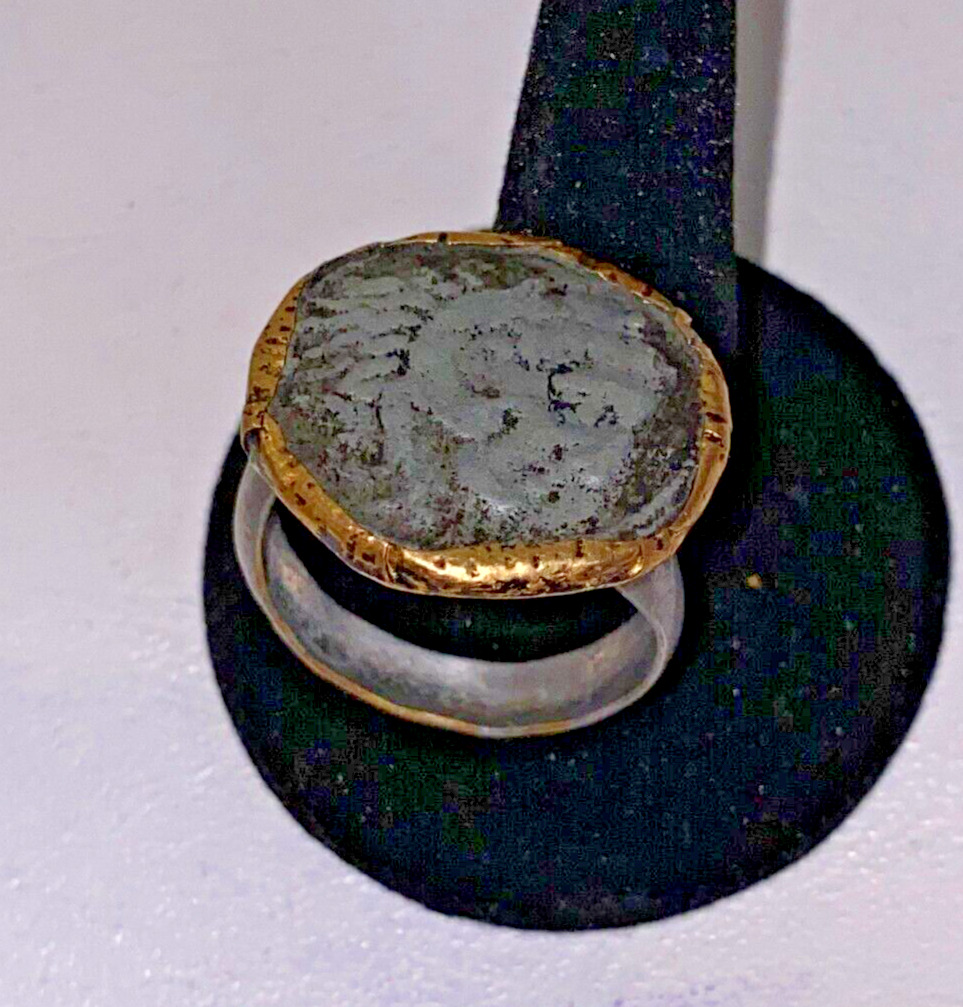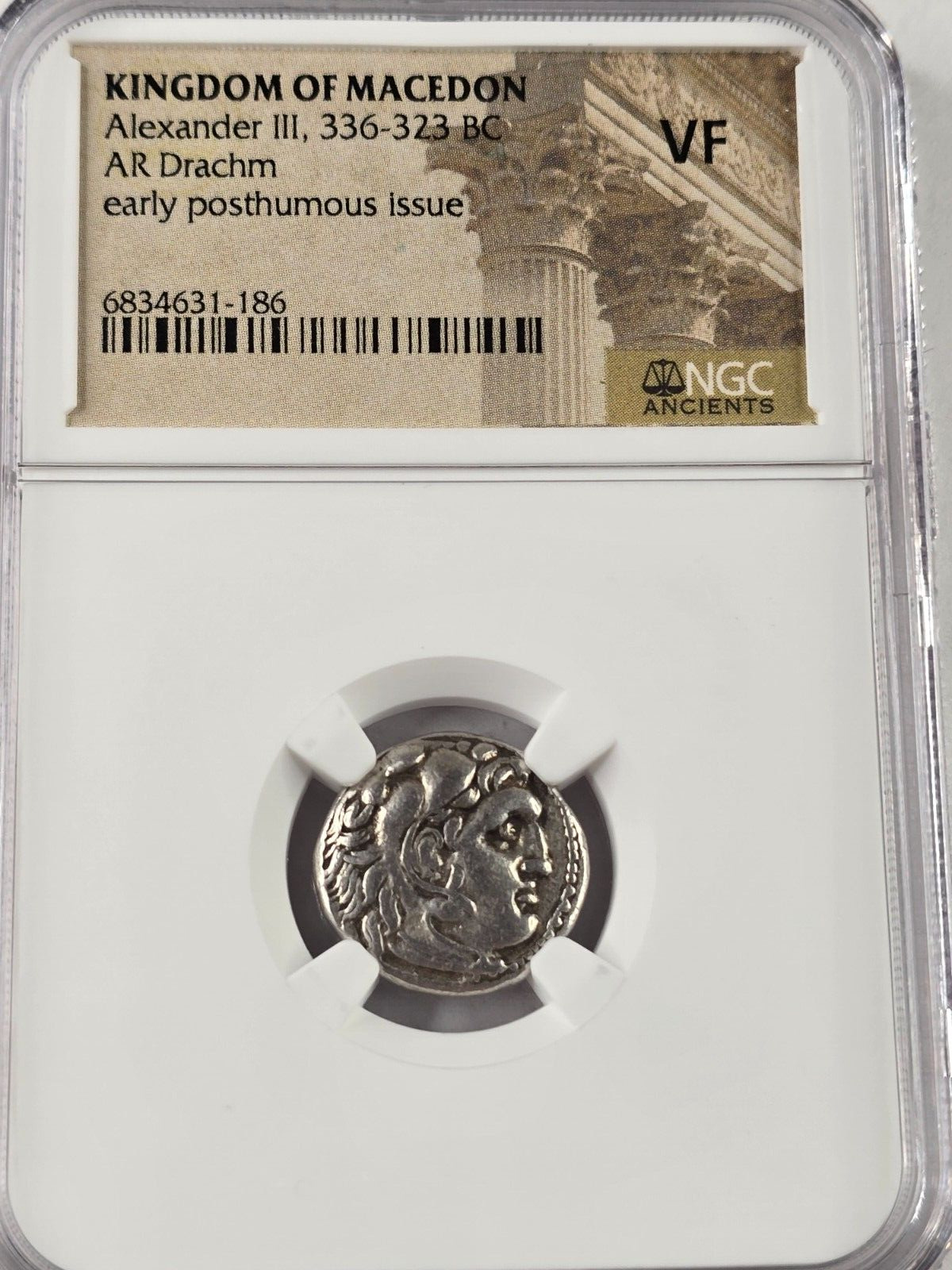-40%
Macedonia Alexander the Great 336-323 BC Gold Stater NGC CHAU EP 2,300 Years Old
$ 6058.73
- Description
- Size Guide
Description
Kingdom of Macedonia. Alexander the Great 336-323 BC Gold Stater NGC CHAU Abydos Mint important Early Posthumous issue perfectly centered and amazing design detail.Guaranteed Authentic, high grade and choice
MACEDONIAN KINGDOM. Alexander III, the Great, 336-323 BC.
Gold stater, 8.56 18 mm., Lifetime Issue NGC CHAU Strike 5:5 Surface 2/5.
Interesting Cornucopia and Pentagram mint mark reverse
Early Posthumous Babylon issue, ca. 328-323 BC. Head of Athena right, hair in four tight corkscrew curls, three more curls over left shoulder, wearing pendant earring, pearl necklace and triple-crested Corinthian helmet pushed back on head, long divergent crest ends, the bowl decorated with coiled serpent right / AΛEΞANΔPOY, Nike standing facing, head left, wreath in outstretched right hand, stylis cradled in left arm.
This gold Stater is well centered and has flashy lustrous fields.
Obv. Head of Athena with a large Corinthian helmet, a snake ornament below the plume.
Rev. ΑΛΕΞΑΝΔΡΟΥ, Nike standing facing looking to left, holding wreath in right hand and stylis over left shoulder. Cornucopia and Pentagram mint mark reverse
Alexander the Great (356-323 BC) – Macedonian ruler (336-323 BC) Alexander was the son of Philip II of Macedon, a small state in northern Greece. Philip II was an aggressive ruler who warred with his neighbors and eventually conquered all Greece. Although much of his time was taken up with fighting, he did not neglect his family, and young Alexander was especially favored having been taught by the great Aristotle as his tutor.
After his father was assassinated, at the age of 19, Alexander became king. By that time he had accompanied his father several times in battle and had commanded detachments of the army with great skill and bravery. It was particularly noticeable how Alexander would rough it with his men, sharing their toils and discomforts, and this won their love and reverence.
After returning from months of being gone, Alexander the Great attended a dinner given by a close friend. He joined in the heavy drinking during the day-long event. Complaining that he did not feel well, he went to bed. Alexander's health steadily deteriorated as fever wracked his body. Finally, too weak to leave his bed, the conqueror of the world died ten days after he was stricken.
The exact cause of Alexander's death is unknown. Historians have debated the issue for centuries, attributing it to poison, malaria, typhoid fever or other maladies. What is agreed upon is that the Macedonian king died in early June 323 BC while suffering a high fever that had lasted ten days. His empire was carved up by his generals and soon disintegrated.
The career of Alexander the Great was one of the most amazing in all history. In ten years he expanded his small kingdom into an empire covering all the lands between Greece and India.
Buy with confidence the coin you see is the coin you’ll receive USPS Priority Insured Shipping with signature confirmation.
Capstonecoins
Austin TX 78717
